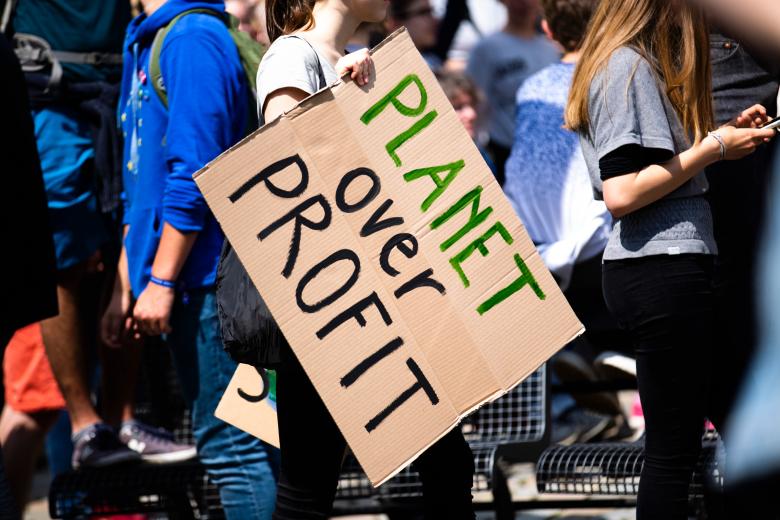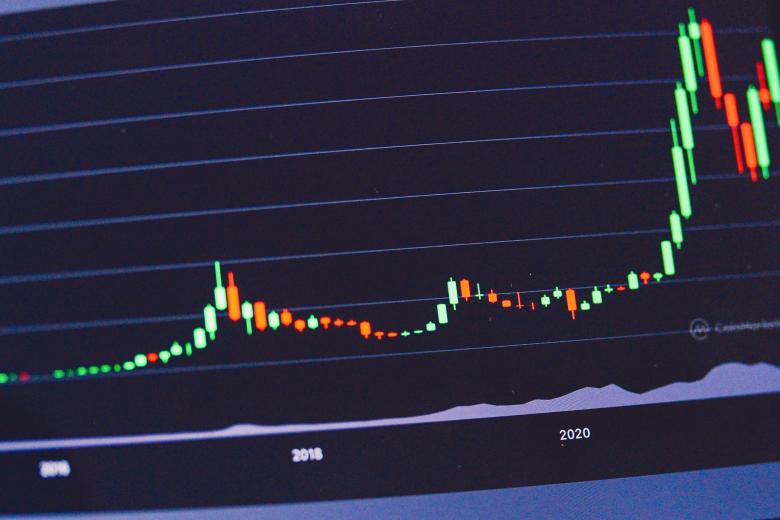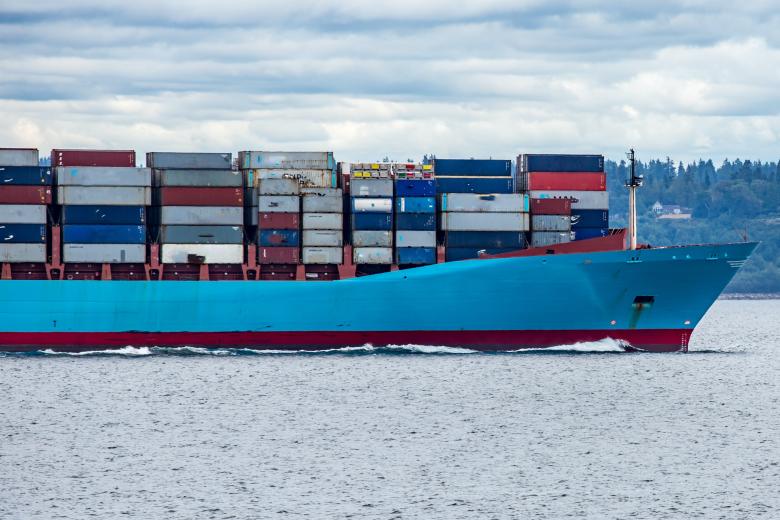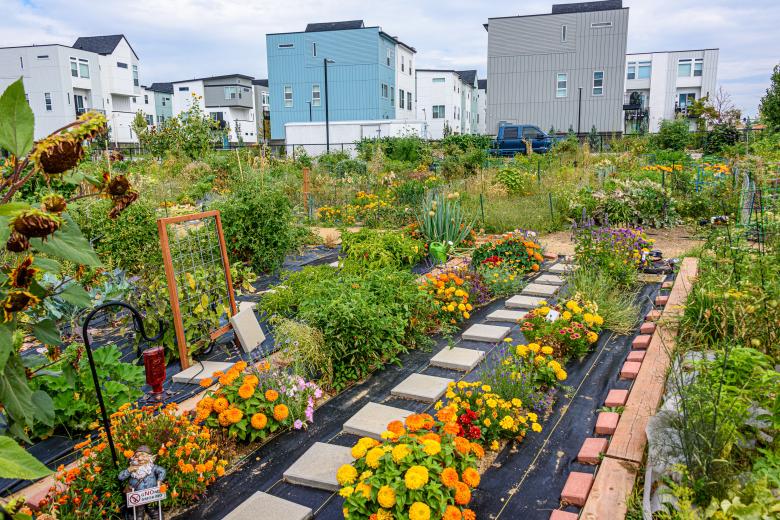MORSE Conference
The 4th MORSE conference will bring together scholars from different disciplines around Europe working towards a responsible, resilient and sustainable future to discuss their research and its practical application and societal impact.
The MORSE conference brings together academics and practitioners from Maastricht University and beyond to build a Responsible, Resilient and Sustainable Future. A pleasant mix of academic and applied work over a broad range of topics from sustainable employability to finance for resilience gives all the opportunity to exchange ideas and forge new collaborations. In the plenary sessions our distinguished keynote speakers will reflect on how responsible business can contribute to the urgent transition to resilience and sustainability, while practitioners’ sessions make this discussion very tangible and concrete.
Full program with sessions will be soon released on this page: Conference full program
Conference TRACKS
Resilience to Climate Change
Climate Change has become unavoidable (IPCC, 2023). The question is not if, but how much climate change we must prepare for. This will impact our economy, society, and way of life in many ways. In this track we will focus on the financial sector and invite empirical and theoretical research papers and work in progress that investigate how physical climate risks may affect income flows and balance sheets and give guidance on how economic agents should prepare for these risks. Adaptation to climate change can take the form of “technological fixes” (e.g. higher dikes, flood protection, water storage etc. etc.) but may also involve changing regulation and reforming institutions to build a more resilient economic system. Examples of topics that would be relevant in this track include the risks that physical climate change poses for residential and commercial real estate and corporate fixed assets, indirect impacts on income, employment and production through disruptions in regional, national and global supply chains and the network effects of damages to energy or transport infrastructures.

Labor market resilience and sustainability - Good labor, migration and HR practices
An aging and dejuvenating population in Western societies raises questions around how to fill current and future vacancies in government and businesses in many sectors and regions of the economy. Possible solutions to the shortage of skilled workers can be found in simply raising wages or introducing labor-saving technologies. Other ways to fill the most in-demand vacancies include providing better study advice to young people, engaging the current workforce in lifelong development activities to keep them up-to-date, or preventing employee attrition through better HR policies. Furthermore, attracting and selecting migrants can also alleviate personnel shortages. Finally, de-growth and sectoral shifts away from sectors that exhibit many negative externalities with regard to sustainability may imply the labor currently employed in those sectors may become available for use in remaining, more sustainable, sectors.

Expectations and Narratives in Macroeconomics
The aim of this track is to bring together empirical and theoretical evidence on the role of expectations and narratives for the macroeconomy. The role of expectations and how they are formed is central to the study of macroeconomics, from the rational expectations revolution (Begg, 1982), to expectations under learning (Evans & Honkapohja, 2001) and the many recent innovations surrounding heterogeneous and boundedly rational expectations. A growing literature also recognises the importance of narratives in economics, documenting how stories or concepts can spread between people and have substantial economic impacts (Shiller, 2017). Furthermore, methodological innovations in surveys and natural language processing have begun to allow narratives to be measured quantitatively (Flynn and Sastry, 2022; Andre et al 2023). By bringing together these two literatures, this track aims to further our understanding of how narratives evolve and how they influence economic agents’ expectations. This includes, but is not limited to, applications to narratives around resilience and the climate crisis.

Uncertainty in Empirical Macroeconomics and Firm Dynamics
This track aims to bring together empirical evidence on the sources and effects of uncertainty on firm dynamics and macroeconomic performance. Uncertainty has long been linked to lower investments and, thus, adverse micro and macroeconomic outcomes transmitted through various mechanisms such as real options, financial frictions and pessimistic expectations. Dixit (1994) showed how firms’ decisions upon inputs are determined by their uncertainty level about the future through the real options theory. Bloom et al. (2007) showed that with (partial) irreversibility, higher uncertainty reduces the responsiveness of investment to demand shocks. However, it is still unclear to what extent different types of uncertainty affect other aspects of firms' activities, such as (but not limited to) M&A, venture capital and product expansions and aggregate variables, such as overall productivity growth. The track seeks to explore this growing literature and deepen our understanding of the relationship between theoretical concepts of uncertainty and their implications on firms’ dynamics and (micro and) macroeconomic outcomes.

Supply chain resilience
Traditional international economics teaches us that the benefits of trade and specialization are significant and can be shared along the value chain, such that all benefit. This is true on average, but in an uncertain world, shocks will propagate along these value chains and typically end up hurting the weakest links in the chains the most. Covid-19 for example, hits the world’s poor hardest in terms of health effects and welfare. Maintaining healthy buffers and circuit breakers that are very valuable in times of crisis comes at costs and benefits parts of the chain that are not willing or able to pay for them in normal circumstances. The growing interconnectedness of economies in global value chains is a source of both resilience and vulnerability, in ways that beg further analysis.

Social entrepreneurship and the economy of the Common Good
This track has its focus on the interaction of social (and sustainable) entrepreneurship, regional attractiveness and regional development. Beyond entrepreneurship, we are interested in efforts to create a more inclusive and sustainable local and regional economy, the successes and non-successes thereof and the ways in which problems of collective action are navigated by businesses, citizen organisations, local government with the help of intermediaries and European policies.
We welcome original research on social entrepreneurship, steward ownership, community (wealth) organisations, institutions for collective action, public-civic partnerships, transformative social innovation, regional sustainability transitions and institutional work for the economy of the common good. We also welcome research on different economies: a circular economy, purpose economy, the community economy, bioeconomy and an inclusive economy.

Sustainable Employability
Sustainable Employability (SE) has become a crucial issue for individuals, organizations and economies in today's fast-changing and uncertain labour market. A combination of changes in production processes (automation, digitization, AI) and demographic changes (ageing, migration) play part in these developments. SE refers to the ability and willingness of individuals to maintain employment throughout their working lives, while remaining healthy, motivated, skilled and productive as well as policies and strategies on a meso and macro level supporting this. At the meso level organizations recognize the importance of SE as it can help improve and sustain productivity, reduce absenteeism, and retain valuable employees and their skills. From a broader societal perspective (macro level) SE is increasingly important in minimizing labour shortages and enabling individual labour market transitions needed to address global challenges. Energy transition and climate change to name but two. Main SE policies and strategies involve healthy ageing, lifelong development (e.g., reskilling, upskilling and informal learning), labour market mobility and work (re)design. Stimulating SE, however, comes with different challenges.
In this track, we will explore these challenges and new perspectives on, and directions for, SE research and practice. We discuss how societies, organizations and individuals can get involved in it, focussing on equal opportunities and free travel in an inclusive EU labour market, offering good jobs and sustainable careers. We welcome contributions from disciplines including - but not limited to - labour and applied economics, HRM/HRD, occupational health and safety, work and organisational psychology, and organizational behaviour.

Finance and Resilience
The financial sector plays a crucial role in building a resilient and sustainable economy. With the increasing awareness of the risks and opportunities of climate change, environmental degradation, and social inequality, there is a growing demand for responsible and sustainable finance. Financial institutions are facing new challenges, such as measuring and managing climate risks, promoting sustainable investments, and supporting the transition to a low-carbon economy. At the same time, the financial sector is also exposed to these risks and needs to ensure its own resilience in order to contribute to a resilient real economy. This track aims to explore the role of finance in building resilience and to discuss the challenges and opportunities for responsible and sustainable finance in the face of environmental, social, and economic pressures.
The call will be uploaded soon

Resilience, Responsible and Sustainable Initiatives Observatory
Novel data sources, methods (e.g. AI, ML), digital knowledge systems (infrastructures, tools) gain increasing attention in the domain of resilience, responsibility and sustainability research. Science of Science (SciSci), Science with and for Society (Swafs), inter/multi/transdisciplinary scientific collaborations, and Open Science become day by day more relevant to increasing the resilience of society’s responses to global and/or local challenges. Proliferation of emergent business models and economy concepts (e.g. circular economy, digital economy, social economy) as responses, mapping out agents and parametrizing the interactions among agents by agent-based modeling, networks, geographical information systems also help support creation of participatory policy scenarios and tools for policy experimentations and simulations towards the achievement of targeted outcomes (e.g. SDGs).

Tracks
-
Responsible Business
-
Resilience to Climate Change
-
Labor market resilience and sustainability - Good labor, migration and HR practices
-
Expectations and Narratives in Macroeconomics
-
Uncertainty in Empirical Macroeconomics and Firm Dynamics
-
Supply chain resilience
-
Social entrepreneurship and the economy of the Common Good
-
Sustainable Employability
-
Finance and Resilience
-
Resilience, Responsible and Sustainable Initiatives Observatory
Also read
-
Global Supply Chain Management and Change | Student for a day
Wondering what it's like to study Global Supply Chain Management and Change? Join one of our student for a day events.
1 Oct31 May -
SBE on Tour - Cologne, Germany
We invite you to our exclusive meet and greet event in Cologne, Germany where you can get know about what's like to study a bachelor programme at the School of Business and Economics in Maastricht.
22 May -
25 Jun27 Jun
